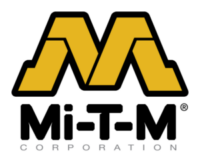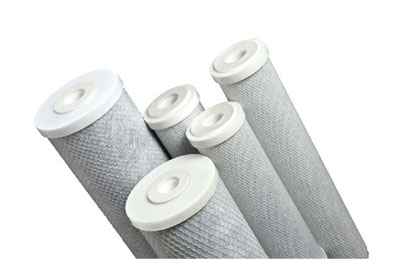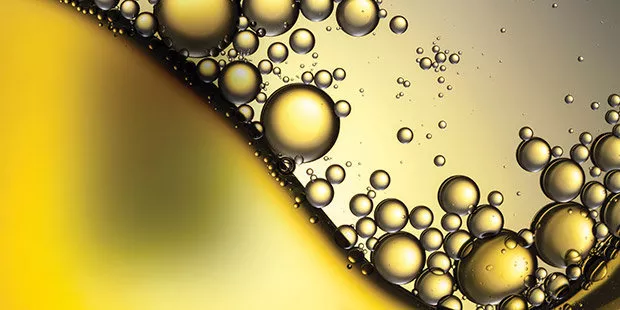About Wastewater Management Systems
Through the Water Discharge Requirements Program (WDR), California State and local Water Board agencies monitor and limit the levels of industrial wastewater contaminants a facility is allowed to discharge into sewers and waterways
Failure to comply with regulations can result in your business operations being suspended, known as being ‘red tagged’. We provide companies with cost-effective wastewater management equipment solutions to help resolve discharge issues and achieve compliance. We carry a wide range of equipment including custom built systems.
4-Step Evaluation
Truly effective systems start with a 4-Step Evaluation to determine both the environment and desired outcomes.
- Water analysis: Contents of the water to be treated.
- Flow rate: Gallons of water used per day.
- Effluent: Desired condition of water after treatment, such as spot-free rinsing, dumping into the sewer system, reuse for washing or rinsing, and potable.
- Desired outcome: Overall goal(s) for treatment.
Our expert team will work with your company to guide you on the best ways to save water, manage wastewater, improve efficiencies and reduce costs.
Types of Water Treatment Methods
There are a variety of different methods that can be used to deliver the best outcomes for your challenges and needs. These include:
- Bioremediation: The use of either naturally occurring or deliberately introduced microorganisms or other forms of life to consume and break down environmental pollutants. Biological water treatment systems are a user-friendly, and cost-effective method for treating certain types of water.
- Chemical Treatment: Specialized chemicals such as chlorine, hydrogen peroxide, sodium chlorite, and sodium hypochlorite (bleach) act as agents that disinfect, sanitize, and assist in the purification of wastewater at treatment facilities.
- Electrocoagulation (EC): A broad-spectrum treatment technology that removes total suspended solids (TSS), heavy metals, emulsified oils, bacteria and other contaminants from water.
- Mechanical Filtration: Untreated water passes through a mesh filter or cartridge that traps suspended particles on the surface or within the filter. Mechanical water filters mostly remove larger suspended material from water, including sand, silt, clay, loose scale, and organic matter that results in decanted effluents and separate sludge.
- Evaporation (UF): Evaporation is a time-tested method for reducing the water portion of water-based wastes. In its simplest form, the evaporator converts the water portion of water-based wastes to water vapor, while leaving the higher boiling contaminants behind.
No-obligation, no-cost consultations
We offer no-obligation, no-cost consultations to help you determine the best and most cost-effective options for your business. Contact us to discuss your needs and we’ll help you design the most effective wastewater management system for your company.
We are an authorized sales and service center for Water Maze, Mi-T-M, Beckart Environmental, Wood Bros., and RGF Environmental Systems.
Contact us to discuss your needs and your budget and we’ll help you select the right equipment and configuration.

Monthly Specials, Smart Tips & More
Don’t miss our Monthly Specials and receive Expert Insights on industry issues







